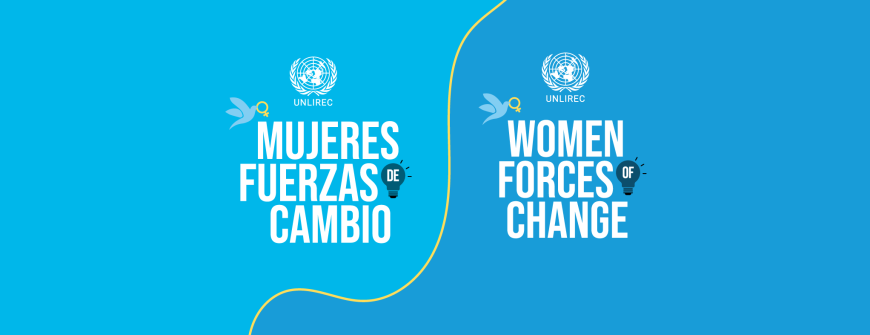What we do

UNLIREC has established itself as a dynamic centre specialized in disarmament, conventional arms and in the non-proliferation of weapons of mass destruction. There are two main programmatic areas: (1) conventional arms control programme; and (2) non-proliferation instruments programme through which all assistance is carried out.
UNLIREC is proud of its in-house disarmament policy, legal and technical experts who are fully bilingual in Spanish and English. This 24-member strong core is responsible for conceptualizing and implementing all project activities ranging from reducing armed violence to bolstering trade controls over items of proliferation concern and leading exploratory research on the possession and use of firearms in schools, ammunition trafficking routes, and armed violence against women, to name a few. The aim of our research is to shed additional light on public security issues of concern to the region, and to contribute to current debates in the field of arms control.
We invite you to explore our two progammatic areas below for more insight into UNLIREC’s approach to strengthening peace and security through regional disarmament in alignment with UNODA’s Gender Mainstreaming Action Plan, Agenda 2030 and the Sustainable Development Goals.
Gender mainstreaming in conventional arms control is a cross-cutting theme within the UNLIREC/ODA-wide action on gender. UNLIREC‘s Conventional Arms Control Programme seeks to build the capacities of national officials for the effective integration of gender dimensions into small arms and ammunition control policies and programmes. Click on the links below to learn more about UNLIREC’s projects to help bolster public security in the region through improved arms control.
Member States of the region continue to call upon UNLIREC for support in combating the threat posed by the proliferation of weapons of mass destruction (nuclear, chemical and biological) to international peace and security. In response, UNLIREC supports State efforts to address WMD proliferation by creating a “disarmament culture” through improved regional dialogue, legislative and technical support, and the formation of alliances for improved strategic trade controls as part of its Non-proliferation and Arms Control Agreements Programme. Click on the link below to learn more about UNLIREC’s project to bolster implementation of multilateral non-proliferation treaties, in particular, United Nations Security Council resolution 1540 (2004) in line with the UN Secretary-General’s Agenda for Disarmament.











